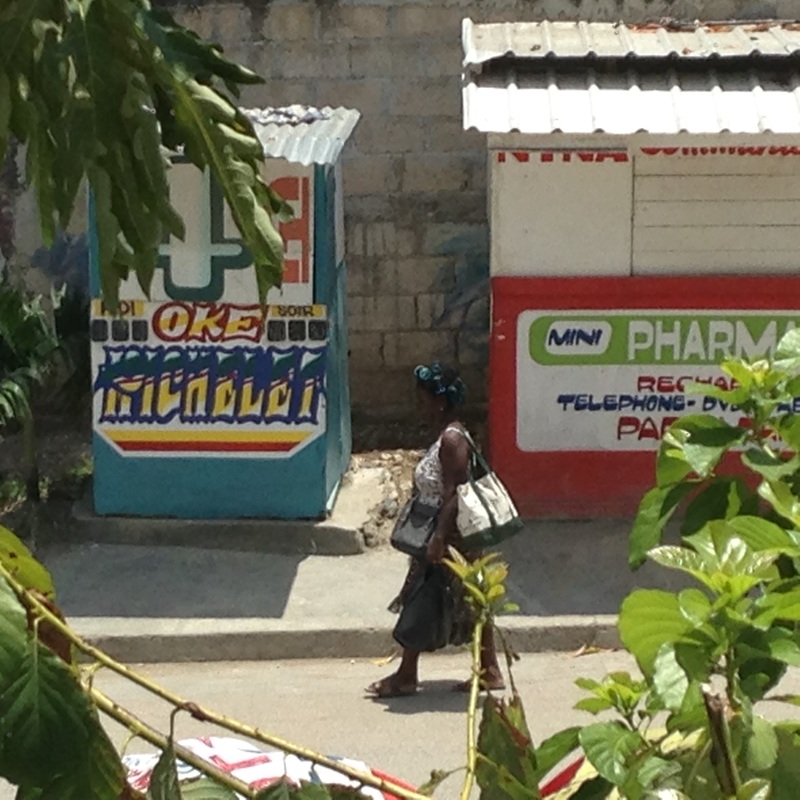
The street is littered with trash and every so often I see someone carelessly toss another piece of plastic into the heaps lining the gutters. My first reaction is revulsion. Why is trash so recklessly strewn throughout this beautiful country? How can such a clearly prideful people take so little care in the disposal of garbage? Where will it all go and what happens when all the gutters are full? Why are people here willing to live among garbage every day? Can this be fixed?
In my home state of Arizona, littering results in heavy fines and possible imprisonment. It is built in my culture to carry a piece of trash as long as needed until an appropriate disposal place is found. The trash is then magically carted off and disposed of in one of our orderly but mountainous garbage dumps and that is the end of it. Out of sight, out of mind if you will.
I take a deep breath of the humid and smoky air and remind myself that I am in Haiti, not Arizona. The best way to build bridges across cultural divides is to attempt to understand each other. We all share a common humanity and spirit. The worst approach is to do what I have just done, to look at another culture from the narrow perspective of my own.
Then, as the people continue to pass on the street below, it strikes me: this cultural disconnect on trash is evocative of a much bigger picture. It takes a certain carefree attitude to just toss a piece of trash on the ground not miss a beat. It takes a certain cultural seriousness to carry around a piece of trash to ensure it ends up in a dump somewhere.
Most Haitians and have endured devastating traumas in their lives. Many of the people passing on the street below have lost loved ones in natural disasters, have seen children die of treatable diseases and have seen their neighbors starve. Americans suffer our own traumas, often of a different nature, but no less devastating.
The main difference is not these traumas themselves, but how we as a culture choose to cope with them. Like with their trash, Haitians throw their problems away and keep going with their heads held high. There is no need or desire to carry something for even a second longer than necessary. They do not dwell in the traumas of the past and they do not fear the inevitable traumas of the future. They just keep walking.
Like our trash, Americans tend to hold on to traumas. We allow them to break our hearts and often break our spirits. We have a hard time moving past our suffering and we allow it to haunt us. We carry these burdens with us and by not letting go, we accumulate burdens that are often so heavy they cripple us.
Another lesson learned from this inspiring and captivating place. Should we start throwing our trash on the ground? Absolutely not. Should Haiti continue to work toward a solution to the trash problem? Of course. What truly matters is the symbolism in the cultural differences between these two nations and what we can learn from each other by building bridges built of understanding at every opportunity.
Still watching out my window, the sun has gone down. In the twilight the trash on the streets is no longer visible. A purple sky backs swaying palm trees. Two well dressed ladies proceed up the Rue Ste Croix, each carrying a beautiful homemade cake. I wonder where they are going. I close the window and go to bed, excited for what I will learn tomorrow in this special place.

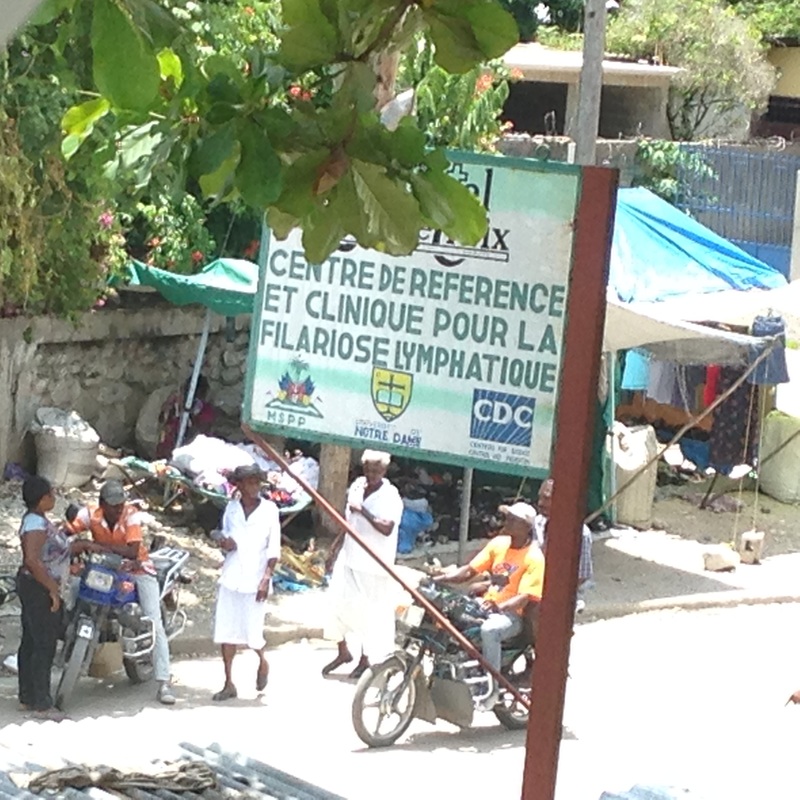
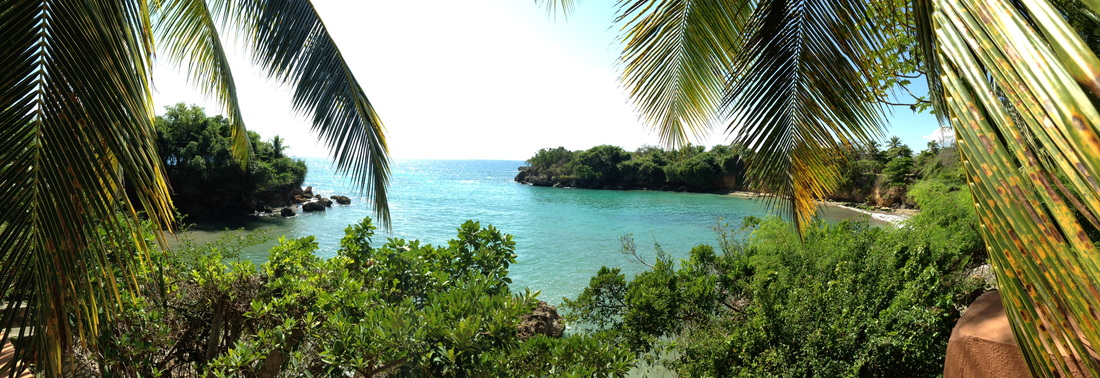
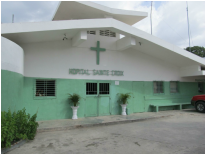
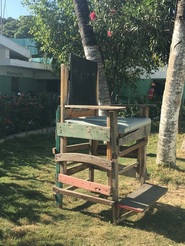
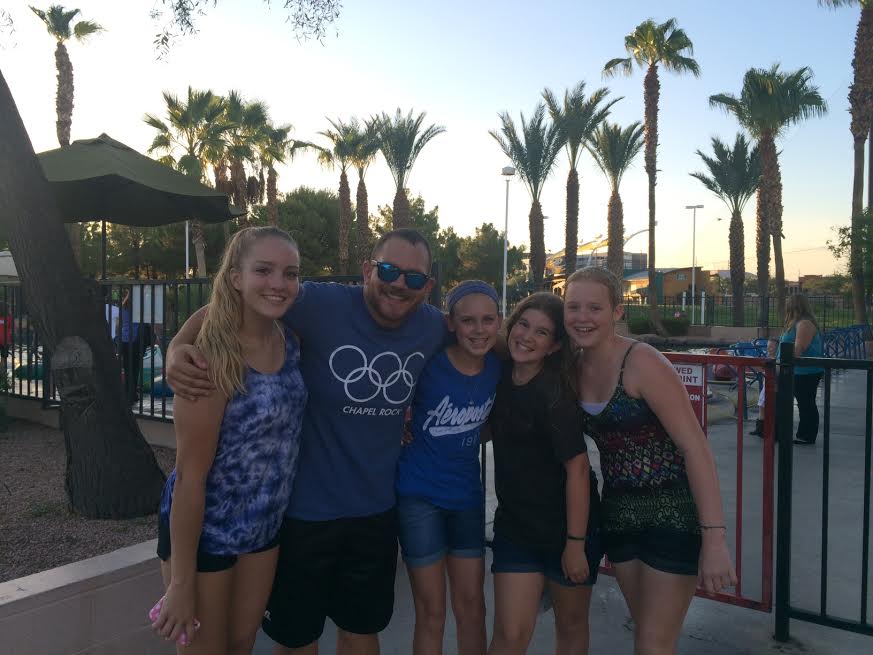

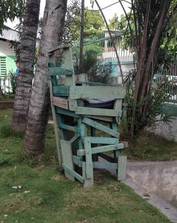
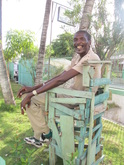
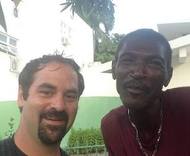
 RSS Feed
RSS Feed